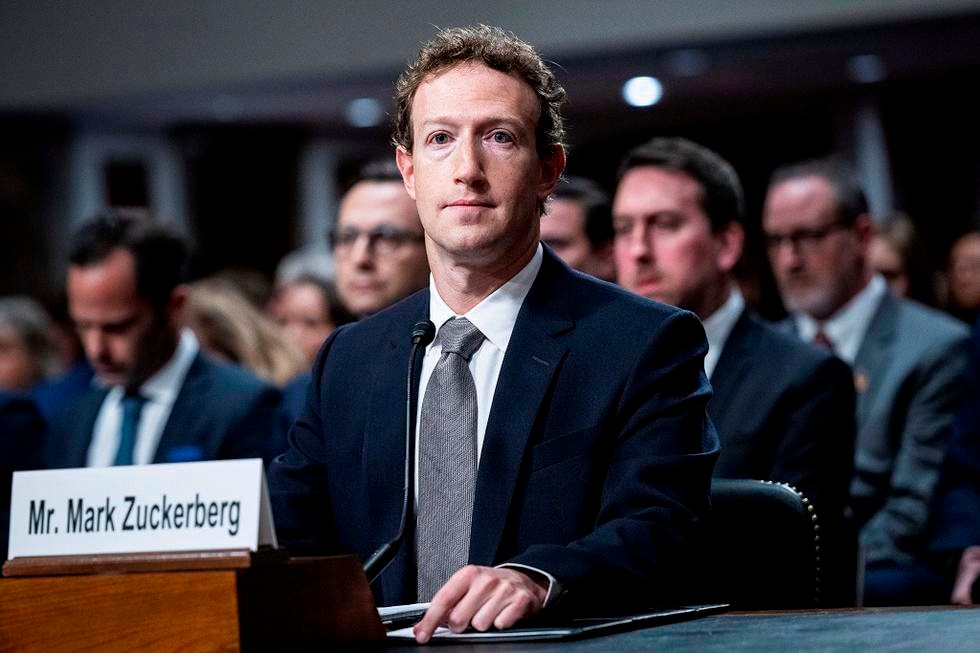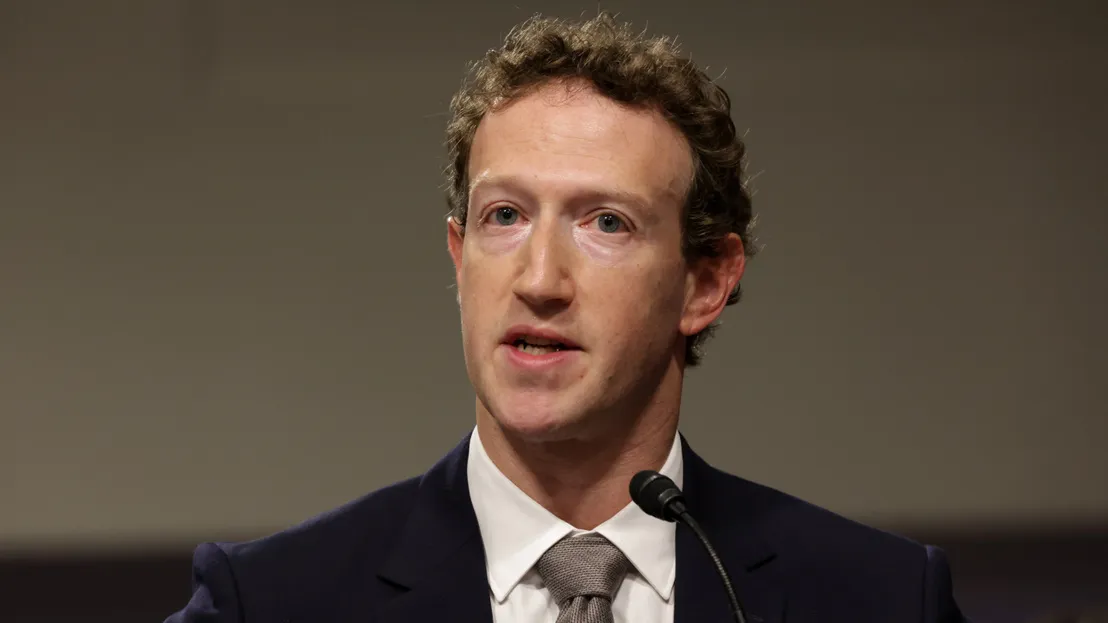
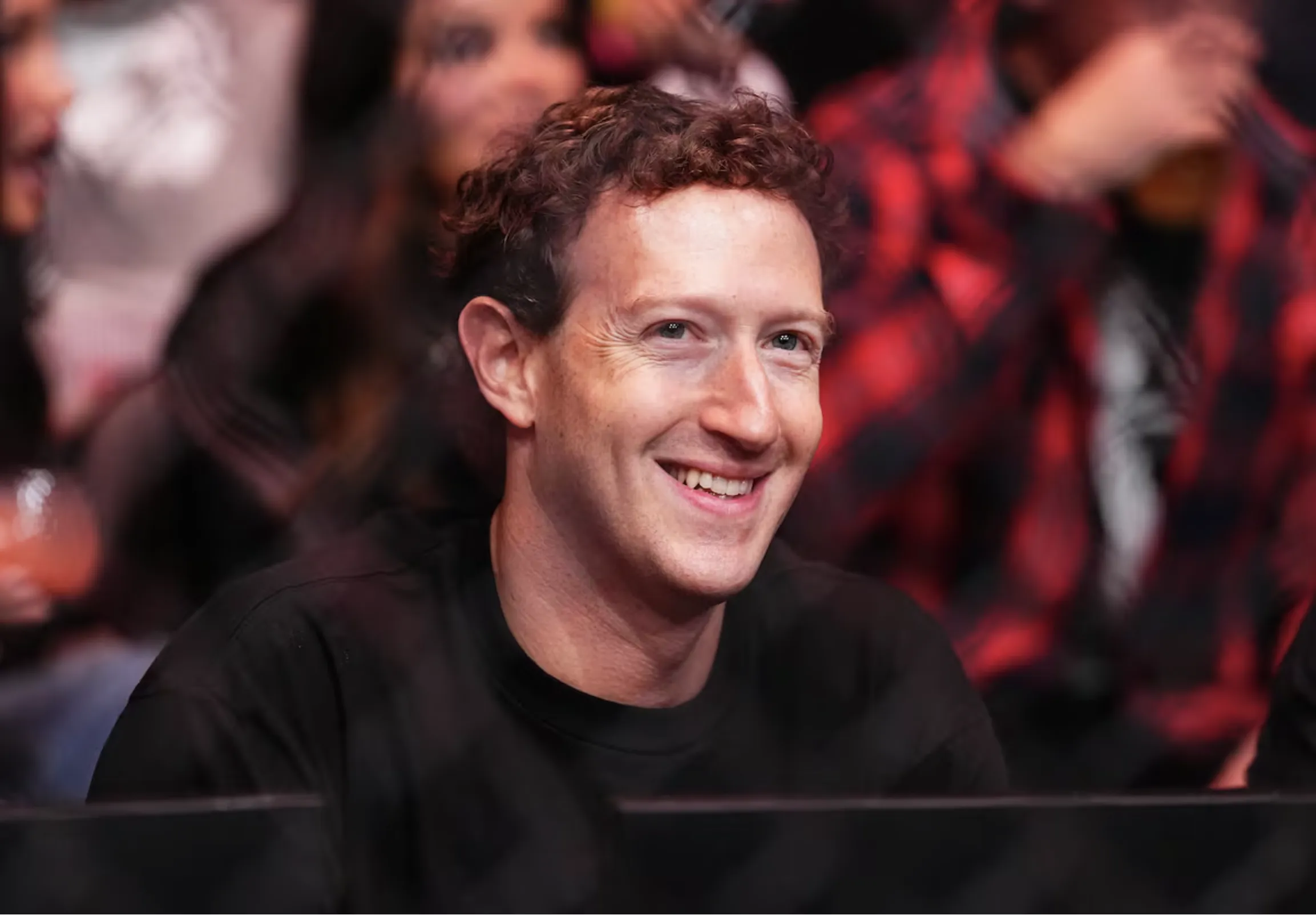
Mark Zuckerberg’s Ambition to ‘Take Over the World’ with Meta AI
Introduction
Few figures in the tech world command as much attention as Mark Zuckerberg, the CEO and co-founder of Meta Platforms. Once a college student with a vision of connecting people through Facebook, Zuckerberg has evolved into one of the most powerful figures in technology. His latest ambition, driven by Meta AI, is nothing short of reshaping the future of digital life. Critics frame it as an attempt to “take over the world,” while supporters argue he is building the foundation for the next era of human progress. Whatever the perspective, one thing is certain: Zuckerberg’s moves with artificial intelligence are bold, global in scope, and impossible to ignore.
From Social Network to AI Empire
When Facebook first launched in 2004, it was simply a networking tool for students. Over two decades later, the company—now rebranded as Meta—has transformed into a conglomerate with influence across social media, messaging, virtual reality, and AI. Zuckerberg’s pivot toward artificial intelligence marks the most ambitious chapter yet.
AI is not just another product line for Meta. It is envisioned as the backbone of every service the company offers, from content moderation and advertising optimization to immersive metaverse experiences. For Zuckerberg, AI represents both the future of technology and the key to maintaining Meta’s dominance in a hyper-competitive industry.
The Birth of Meta AI
In recent years, Meta has poured billions of dollars into AI research and infrastructure, quietly building one of the largest supercomputing networks dedicated to artificial intelligence. The company has hired top talent, developed open-source models like LLaMA, and positioned itself as a leader in generative AI.
Unlike rivals such as Google and OpenAI, Meta’s strategy emphasizes openness. By releasing its models to researchers and developers, Zuckerberg is betting on global adoption and influence rather than strict control. This approach has sparked debates: is he democratizing AI, or strategically ensuring Meta becomes the standard on which future technologies depend?
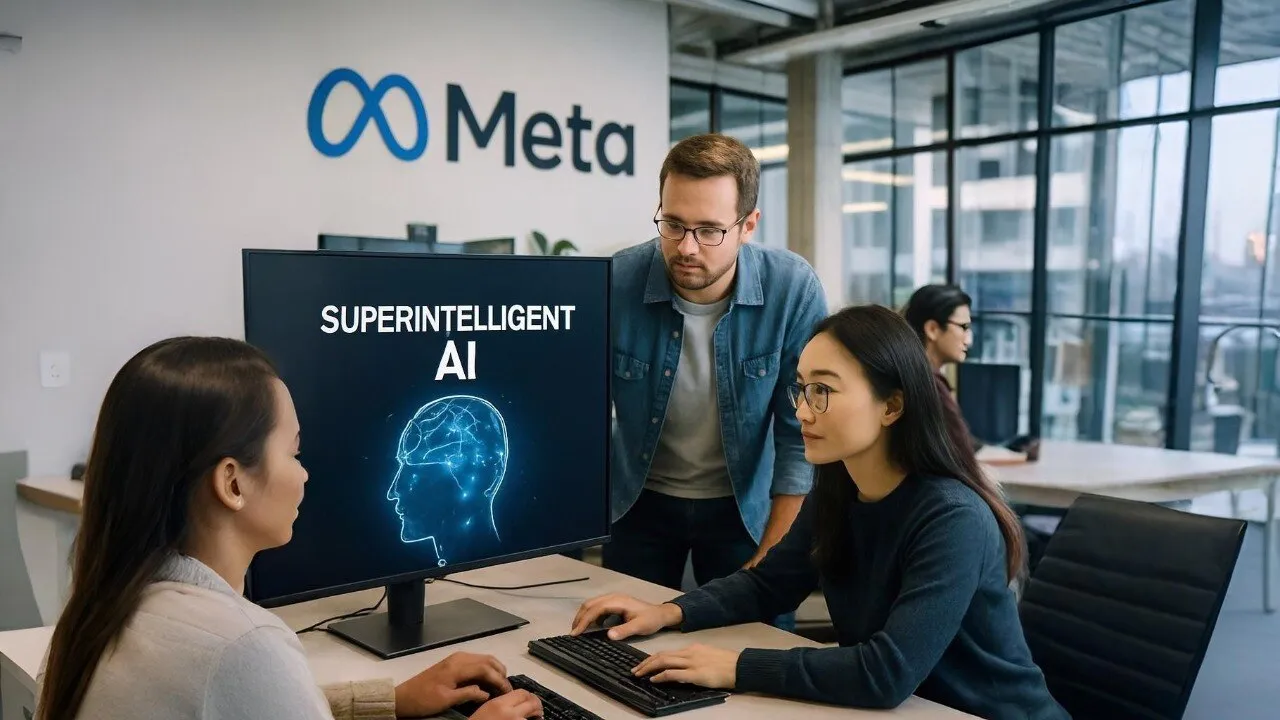
Zuckerberg’s “World Domination” Strategy
When observers claim Zuckerberg wants to “take over the world” with AI, it is not necessarily a literal conquest but rather an expansion of influence across every aspect of digital life. His ambitions can be broken down into several areas:
1. Social Platforms Reinvented by AI
Facebook, Instagram, and WhatsApp already shape how billions communicate. Integrating advanced AI—whether in the form of smarter chatbots, personalized feeds, or AI-generated content—ensures Meta maintains its grip on online interactions.
2. Advertising Powerhouse
Meta’s revenue model relies heavily on ads. By deploying AI that understands consumer behavior at an unprecedented scale, Zuckerberg aims to make Meta’s advertising ecosystem even more efficient and indispensable to businesses worldwide.
3. Metaverse and AI Fusion
The metaverse has been Zuckerberg’s pet project, and while critics have mocked its slow adoption, integrating AI avatars, AI-driven virtual environments, and immersive experiences could reignite its appeal. Imagine digital worlds where AI shapes everything in real time, tailored to users’ preferences.
4. AI Assistants for Everyone
Meta AI has been embedded into platforms like Messenger and Instagram, offering users personalized assistants capable of generating text, images, and advice. Zuckerberg envisions a future where every user has a Meta AI companion, further weaving the company into daily life.
5. Global Infrastructure Control
By building massive data centers and supercomputers, Meta is not only powering its own AI models but also creating the infrastructure that could underpin much of the internet. This scale positions the company as a central hub for future digital ecosystems.
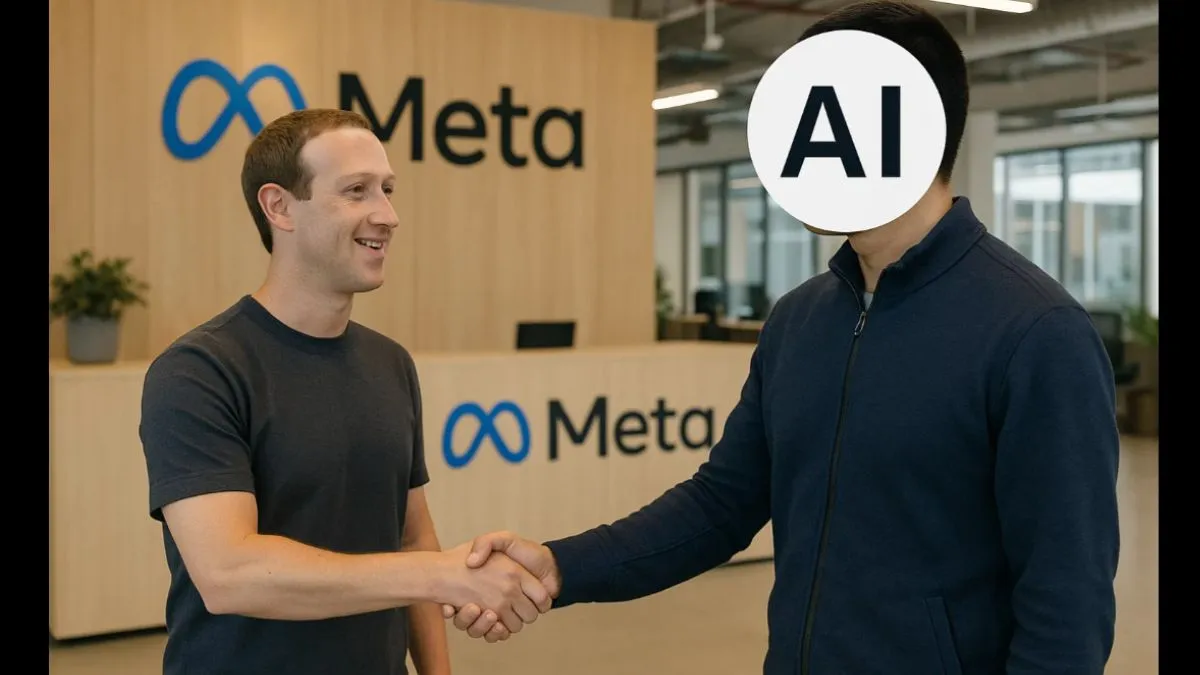
Supporters See Innovation, Critics See Monopoly
Not everyone views Zuckerberg’s vision positively. Supporters highlight Meta’s contributions to AI research, including its open-source models that give smaller companies and researchers access to cutting-edge technology. They argue this democratization helps prevent a future where only a handful of corporations control AI.
Critics, however, warn that Zuckerberg’s openness is not altruistic but strategic. By making Meta AI widely adopted, the company could become the “default” infrastructure for global technology. Some even fear that Meta’s vast troves of user data, combined with advanced AI, create an environment ripe for privacy risks, misinformation, and manipulation.
The Competition: Google, Microsoft, and OpenAI
To understand Zuckerberg’s ambitions, one must also consider his rivals. Google has long been a leader in AI with products like Gemini (formerly Bard), while Microsoft has partnered with OpenAI to integrate ChatGPT into its ecosystem. Amazon, too, has been building AI tools linked to its cloud services.
Zuckerberg, however, is attempting something different: scale plus openness. By offering powerful tools for free, he is undercutting competitors and accelerating adoption, ensuring Meta’s influence even when profits aren’t immediate.
Impact on Users
For everyday users, Meta AI is already changing the experience of using social platforms. Personalized recommendations are becoming sharper, AI-generated content is being tested on Instagram, and AI companions are rolling out in Messenger. This integration is subtle now but could soon redefine how people consume information, communicate, and entertain themselves.
The potential benefits are immense: better discovery of content, seamless translations across languages, and AI tools that boost creativity. Yet the risks are equally significant—particularly around disinformation, mental health, and dependence on AI for decision-making.
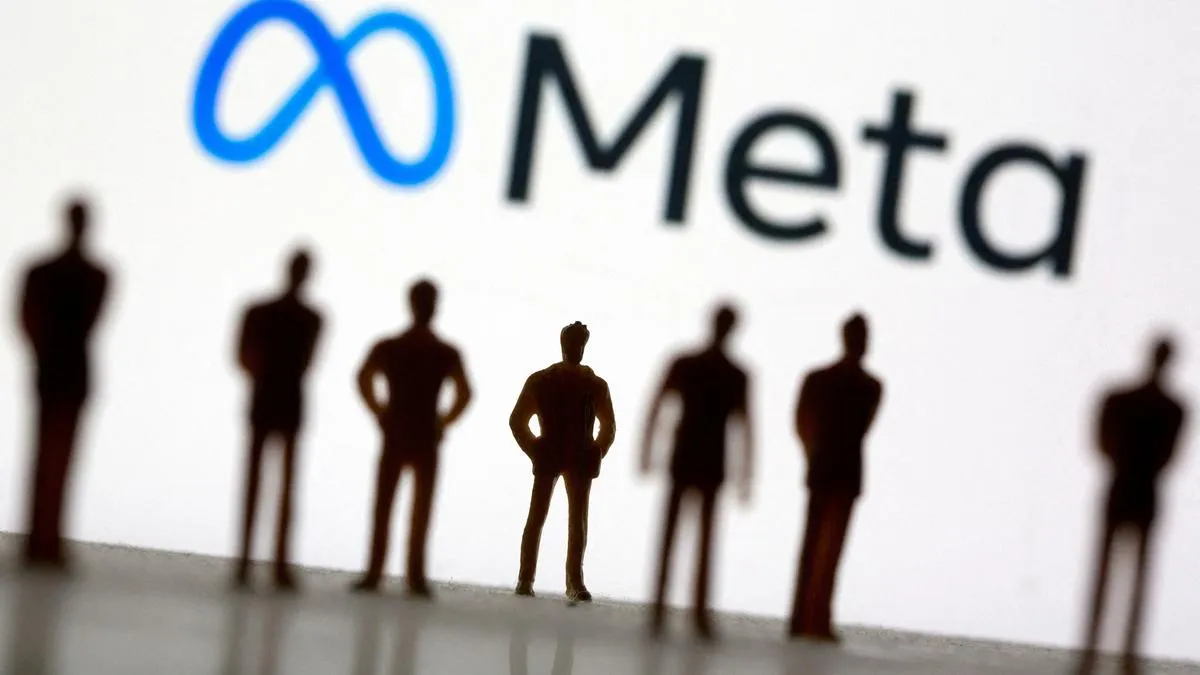
Global Reach and Political Implications
When people say Zuckerberg wants to “take over the world,” there’s also a geopolitical dimension. With billions of users across continents, Meta’s AI systems influence societies, elections, and even public discourse. Governments have already scrutinized Meta for its role in shaping online narratives, and the addition of powerful AI only intensifies those concerns.
Countries like the U.S. and those in the European Union are pushing for AI regulations, but Zuckerberg is lobbying to ensure Meta remains at the forefront while avoiding restrictions that could stifle innovation. In developing countries, where Meta’s apps are sometimes synonymous with the internet itself, the company’s AI dominance could shape entire economies.
The Human Side of Zuckerberg’s Mission
Despite the narratives of world domination, Zuckerberg often frames his AI ambitions in humanistic terms. He speaks about creating tools that help people express themselves, connect with others, and access opportunities. His personal fascination with technology, combined with his competitive drive, makes him both a visionary and a controversial figure.
His leadership style—often criticized as insular and aggressive—fuels the perception that Meta’s AI strategy is less about progress for humanity and more about consolidating power. Yet, even his critics admit that his relentless focus has consistently pushed the tech world into new eras.
The Future of Meta AI
Looking ahead, Zuckerberg envisions a future where AI and the metaverse converge, creating a digital ecosystem where humans and machines coexist seamlessly. From healthcare to education to entertainment, Meta AI could become a ubiquitous presence.
But whether this future is empowering or dystopian depends on execution and accountability. Can Meta avoid past mistakes related to misinformation and privacy? Will the company prioritize user well-being over profits? These questions will determine whether Zuckerberg is remembered as a pioneer or a monopolist.
Conclusion
Mark Zuckerberg’s ambition to “take over the world” with Meta AI is both a bold vision and a controversial mission. On one hand, it showcases the transformative potential of artificial intelligence and its ability to reshape industries, societies, and human experiences. On the other, it raises alarms about monopoly power, privacy risks, and global dependence on a single corporate entity.
As Meta AI expands, the world watches with a mix of admiration and caution. Whether Zuckerberg’s ambition leads to empowerment or control will be decided not only by the technology itself but also by how responsibly it is managed. For now, one thing is undeniable: Zuckerberg’s influence on the future of AI is massive, global, and impossible to ignore.









